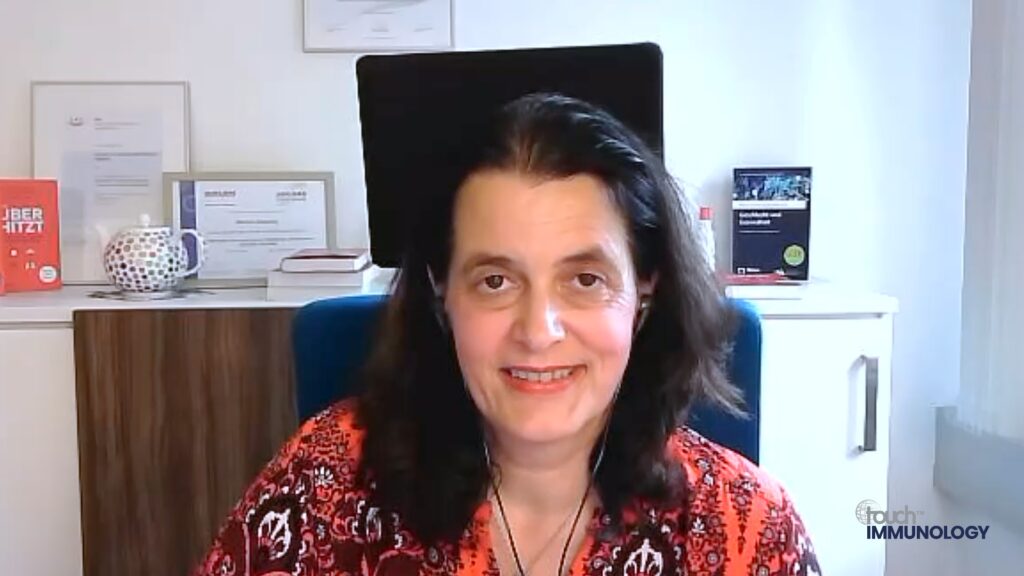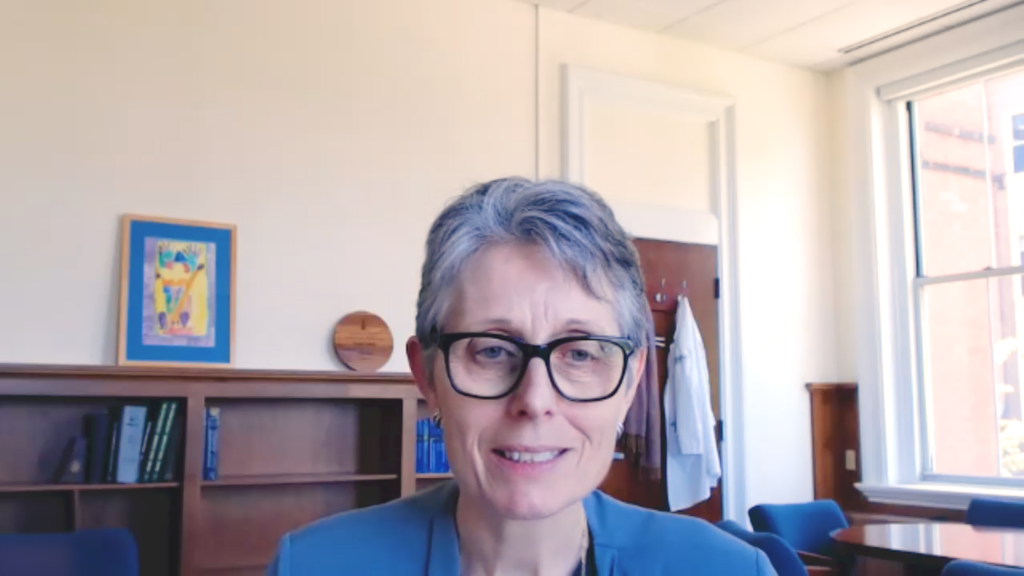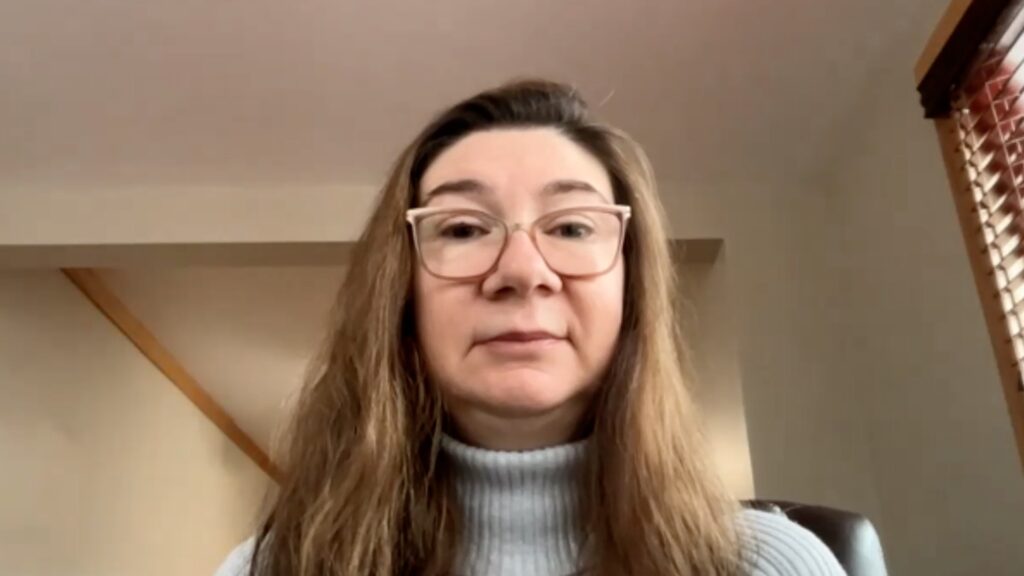Night-time awakenings greatly affect the wellbeing of patients with severe asthma and challenges persist in its long-term treatment. touchRESPIRATORY were delighted to speak with Dr Warner Carr (Allergy & Asthma Associates of Southern California, A Medical Group; Southern California Research, Mission Viejo, CA, USA) about the impact of night-time awakenings and treatment challenges in patients with severe asthma, as well as what factors should be considered when deciding which drug to prescribe for severe asthma.
The abstract ‘Effect Of Tezepelumab On Rescue Medication Use And Night-Time Awakenings In Patients With Severe, Uncontrolled Asthma: Results From The NAVIGATOR Study‘ (Abstract number: 046) was presented at AAAAI 2023, February 24–27, 2022, #AAAAI2023.
Questions
- How do night-time awakenings affect the wellbeing of patients with severe, uncontrolled asthma? (0:28)
- What factors should be considered when deciding which drug to prescribe for severe asthma? (1:22)
- What are the challenges in the long-term treatment of severe asthma? (2:29)
Disclosures: Warner Carr discloses the following: consultant and advisory board for AZ, Amgen; speaker’s bureau participant with AZ, Amgen.
Support: Interview and filming supported by Touch Medical Media Ltd. Interview conducted by Atiya Henry.
Filmed in coverage of the American Academy of Allergy Asthma & Immunology Annual Meeting 2023.
Transcript:
My name is Warner Carr. I’m an allergy and immunology doctor. I’m located here in Southern California. My practice is allergy asthma associates of Southern California. And I also have a clinical research center, Southern California Research. And we did some of the tezepelumab studies here at my research center.
How do night-time awakenings affect the wellbeing of patients with severe, uncontrolled asthma? (0:28)
Nighttime awakenings actually have a huge impact on patients that have severe asthma. Asthma, all types for that matter. You know, disturbing the sleep affects everything. So it’s not just quality of life here that we’re talking about. There’s a global economic impact as well. When you talk about these nighttime awakenings, people that are present, quote unquote, at work, but they’re not productive because they’re just too tired or they’re having asthma symptoms. And then obviously, people that are absent from work or school. So there’s the medical impact and then there’s the socioeconomic impact as well. So the global impact is actually, you know, in the US, it’s running in the billions.
What factors should be considered when deciding which drug to prescribe for severe asthma? (1:22)
We’re in a wonderful time right now for severe asthma patients because we have a lot of tools in our tool chest. And there’s no one drug, I would say, that is perfect for every patient. But we’re getting closer and closer to being able to treat the whole patient. I think what’s important is, first off, the patient’s history and asthma is kind of a syndrome. So being able to look at what type of asthma they have, if you will, can be very, very helpful. Tezspire – Tezepelumab – is approved in all asthma phenotypes, but it does work differently in different phenotypes. The most common phenotype being those patients that have allergies and this quote unquote, type 2 inflammation that’s high. And so looking at your patient, looking at their history, looking at what other medical problems they have, what medicines have failed in the past, what their triggers are. These are very important factors in determining what is the best medications for your patients.
What are the challenges in the long-term treatment of severe asthma? (2:29)
There are many long term challenges in the management of severe asthma. Here we are in March of 2023 and we have all of the scientific advancements and developments, yet we still have patients that are having severe asthma and it’s troublesome. Most of these patients end up on oral steroids or other medicines that can have toxic effects, and there are long term toxic effects from these other medications. When you start looking at the asthma biologics, these targeted therapies that we have, in the long run they appear to be much safer than something like repeated courses of oral corticosteroids. So we are getting better. We’re getting closer and closer to being able to manage these patients. But we still have lots of challenges. And one of the main challenges is toxicities associated with corticosteroids, I would say.
Subtitles and transcript are autogenerated









